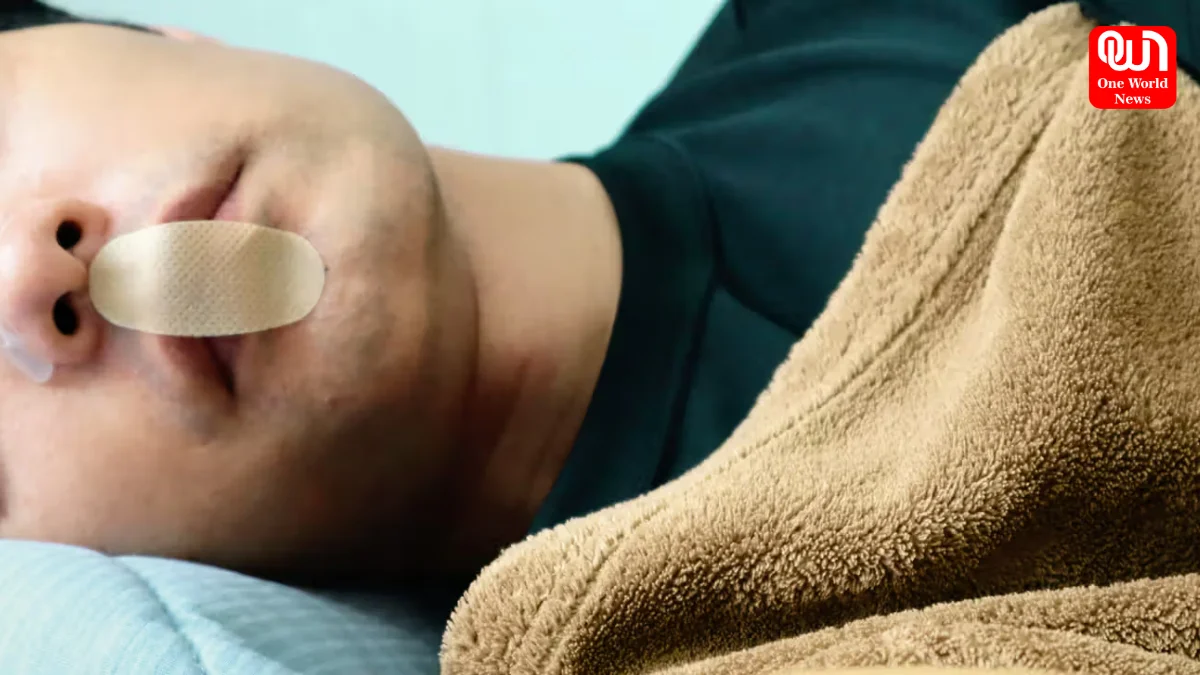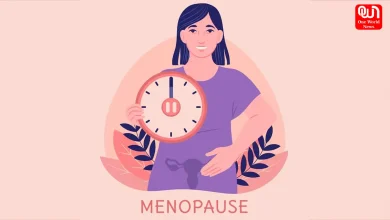Is Mouth Taping for Sleep Safe? Here’s Why It Might Not Be for Everyone
Mouth taping for better sleep is trending, but it may not be safe for everyone. Learn about the risks, benefits, and who should avoid this sleep hack.
Exploring the Risks and Limitations: Why Mouth Taping for Better Sleep Might Not Be a Good Idea for Everyone
Mouth taping has become one of the odd sleeping fads more like on social media, particularly among influencers or wellness enthusiasts, wherein they claim that actually doing it leads to deeper sleeping and more restful time than doing otherwise. What this method actually entails is putting a piece of gentle, skin-safe tape across the lips at bedtime, thereby encouraging one to breathe through the nose. It turns out the idea is that nasal breathing is much more efficient and beneficial than mouth breathing, as it filters air, supports oxygen intake, and represses snoring. Sounds like a pretty simple hack for sleep, experts warn, but it’s not for everyone and sometimes even dangerous.
The Problem with One Solution Fits All
Nasal breathing has clear advantages; however, not everyone is able to inhale or exhale from their nostrils without any difficulty throughout the night. Obviously, individuals with nasal congestion, allergies, deviated septums, or sinus issues do find difficulties-rest and can even danger-in breathing exclusively through their noiseless mouth. So, forcing nasal breathing by getting off the mouth taping can cause much misery, or even lack of sleep with associated trouble to breathe. Those already under treatment for respiratory disorders like asthma or sleep apnea are at higher risks by taping their mouths, as naturally body’s response is altered while sleeping in such cases.
Hidden Risks and Side Effects
Mouth taping seems harmless but is more dangerous for a few reasons. Reaction from the adhesive is one of the commonest adverse effects, causing skin irritation or allergy. With continued use, one may experience redness, rashes, or discomfort around the mouth. While other people tend to experience anxiety or panic when their mouth is sealed, especially at the time of sleep. This discomfort causes restlessness or even poor sleep quality and can result to wake them up suddenly because felt suffocating. The method turns ineffective and can be stressful in instances where individuals unconsciously remove the tape during the night.
Read more: High-Protein Diet: The Foundation of Muscle Building
Things to Attempt First
In lieu of mouth taping, safer alternatives improving sleep quality and reducing snoring may be in fact worth exploring. All these two have modest practices such as a side-sleeping position, humidification, nasal rinses, or nasal strips improve breathing. Introduction to breathing exercises plus possibly consulting a sleep specialist may be useful to identify root causes of poor sleep or snoring instead of risky methods.
Read more: Fuel Your Fitness: What to Eat Before and After a Workout for Maximum Gains
Conclusion: Sleep Smarter, Not Riskier
Although mouth taping seems to have recently gained a lot of fame as a method that’s potentially great for helping with sleep, it’s certainly not the right thing for every person. What works for one person might be unsafe for another—especially those with respiratory issues or underlying health conditions. As with any health or wellness trend, it’s important to listen to your body, do your research, and consult a medical professional before trying something new. After all, the goal is to get better sleep—not increased risk.
We’re now on WhatsApp. Click to join.
Like this post?
Register at One World News to never miss out on videos, celeb interviews, and best reads.








